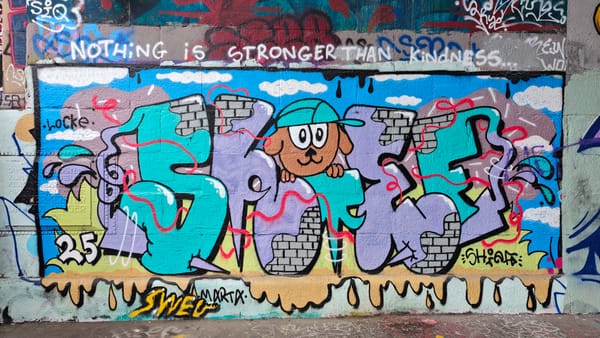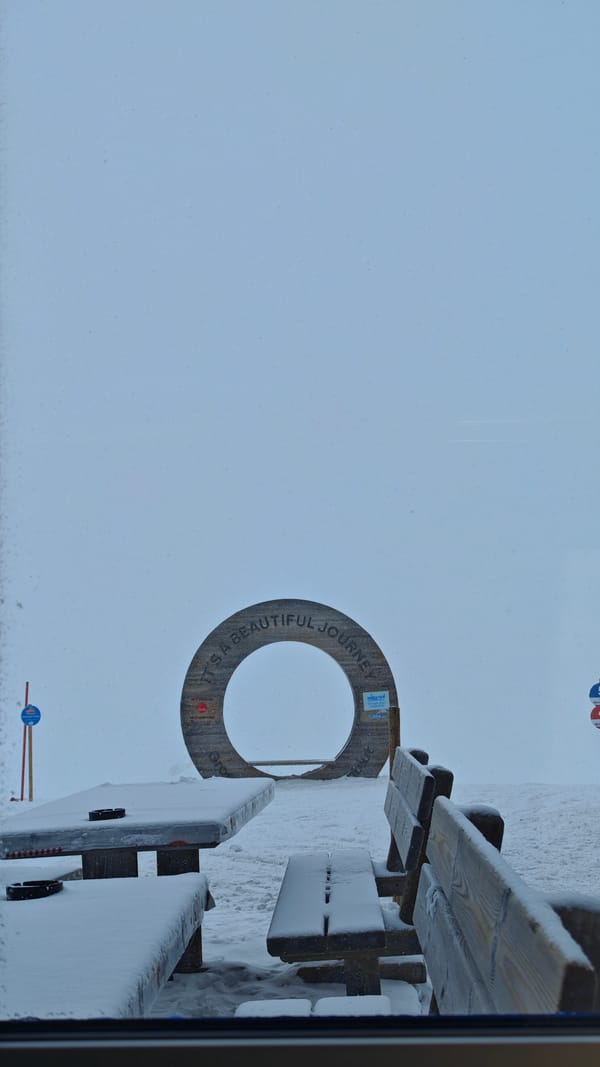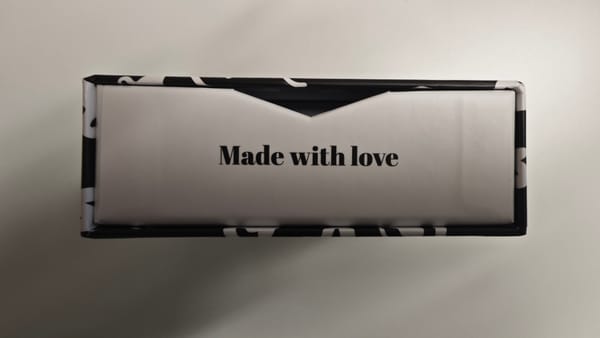Week 46/2024
Oh, que c'est beau, l'automne à Vienne
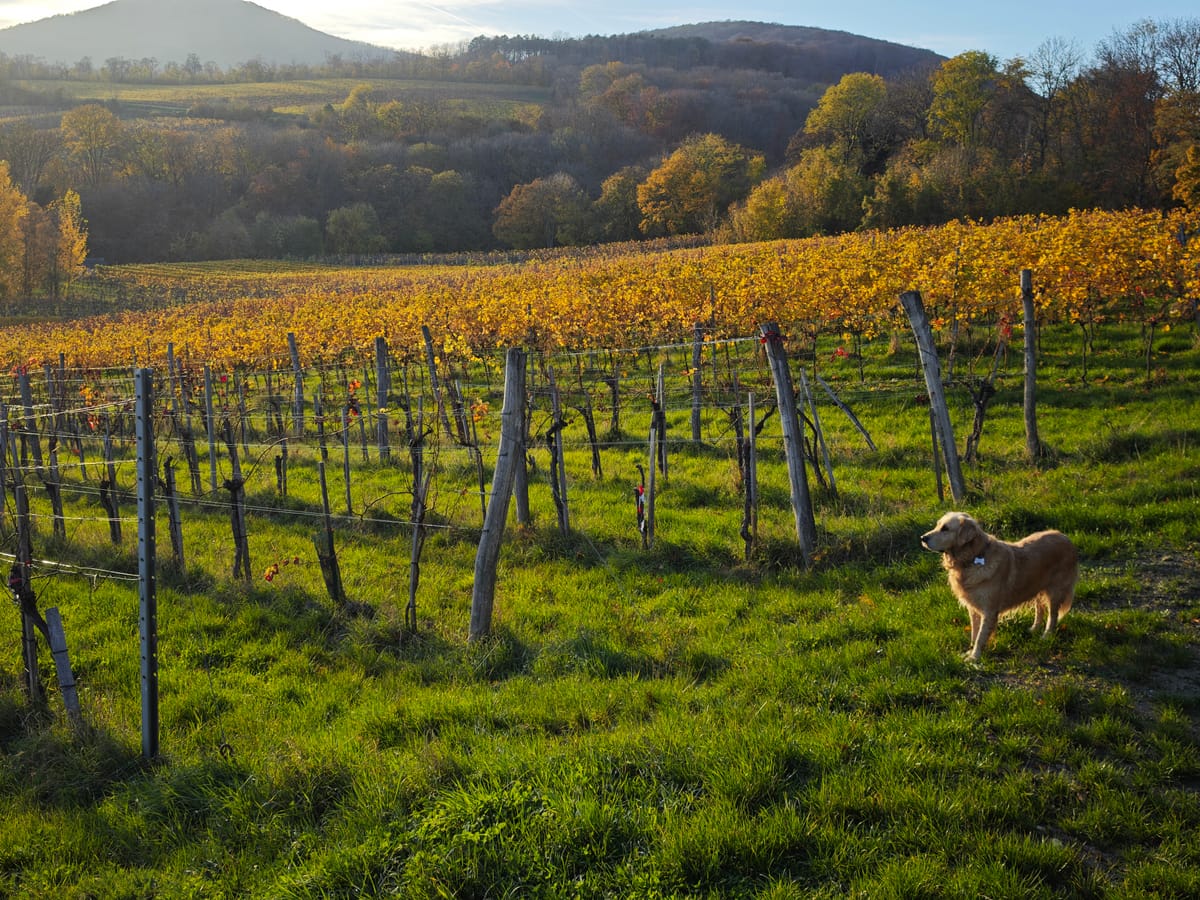
All Saints’ Day walk in Vienna’s vineyards. Daisy appreciated the colours that were all reminding her of her fur.
NSFW
This week’s singer was kindly recommended to me by a good friend who is also so kind to read the newsletter: Zaho de Sagazan.
She has many very nice songs in here repertoire, but as I needed to chose one, I picked this one:
YouTube:
She’s coming to Vienna in March but, unfortunately, the concert was sold out so quickly that I didn’t get tickets (and you probably won’t either). Her YouTube channel has lot of interesting stuff, including her possibly best known song “Tristesse”, that might comfort us.
Retrospect
AI in (Lung) Cancer
We had a very interesting symposion on AI in lung cancer screening as part of the Christian Doppler Labor (lead by Prof. Dr. Georg Langs and Prof. Dr. Helmut Prosch) activities we are a part of.
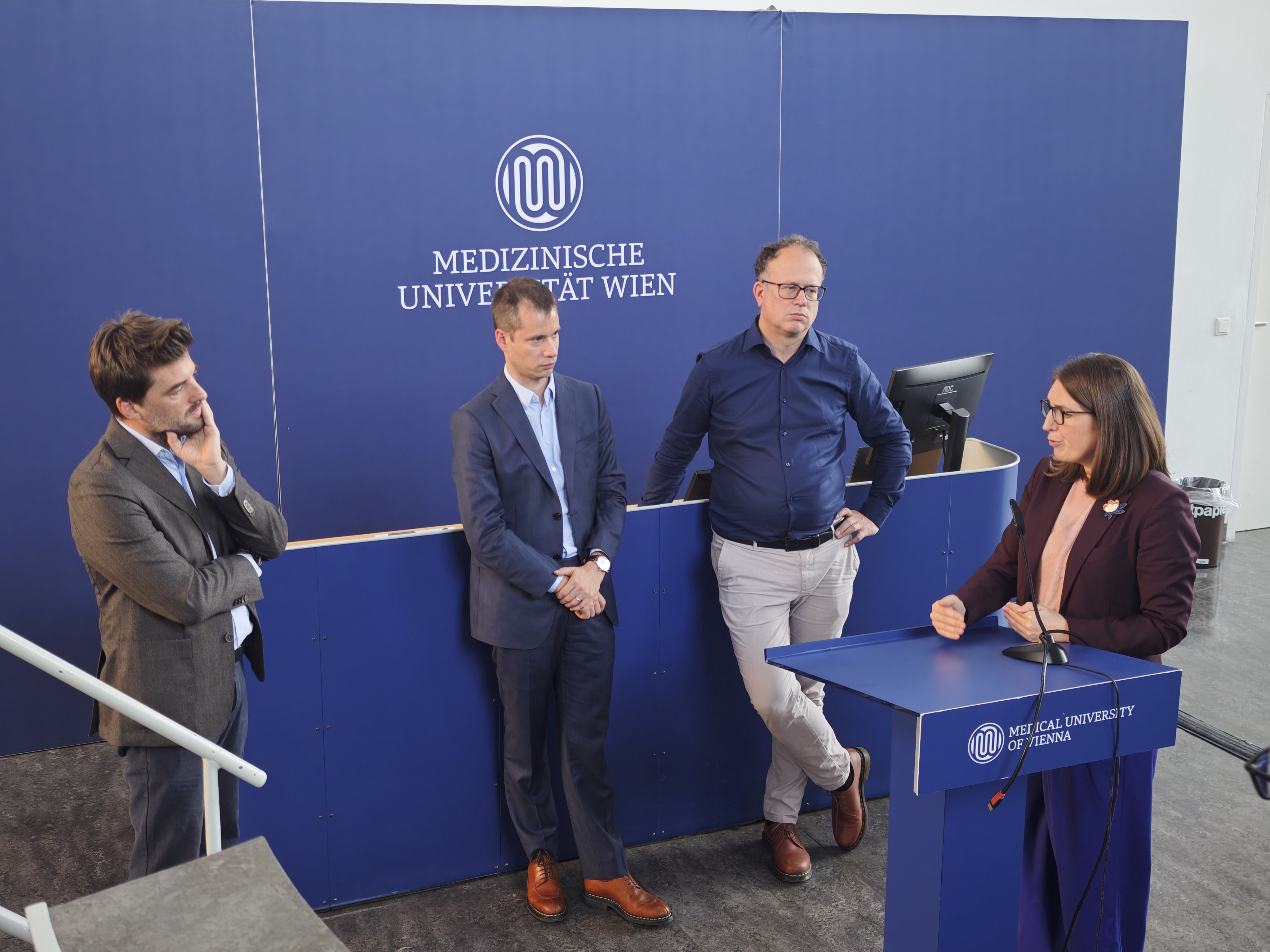
Georg Langs (PI), Guillaume Chassagnon (keynote speaker), Helmut Prosch (PI), Griet Verhenneman (keynote speaker).
I took two main learnings home:
1. Radiologists would very much need systems that most likely are illegal - those outsorcing clearly negative screenings without any human overview in order to reduce radiologists’ workload.
2. Risk calculations are increasingly put into AI-”blackboxes” that are controled by private manufacturers leading to a potential powershift from clinicians/patients to industry. This is happening right now and is not at all controled by the existing regulatory environment. It will be very relevant to see which of these manufacture-algorithms are (to be) protected as business secrets and how transparancy requirements from AI-legislation will come into play.
And, last not least: Secondary data use remains to be an (unsolved) issue.
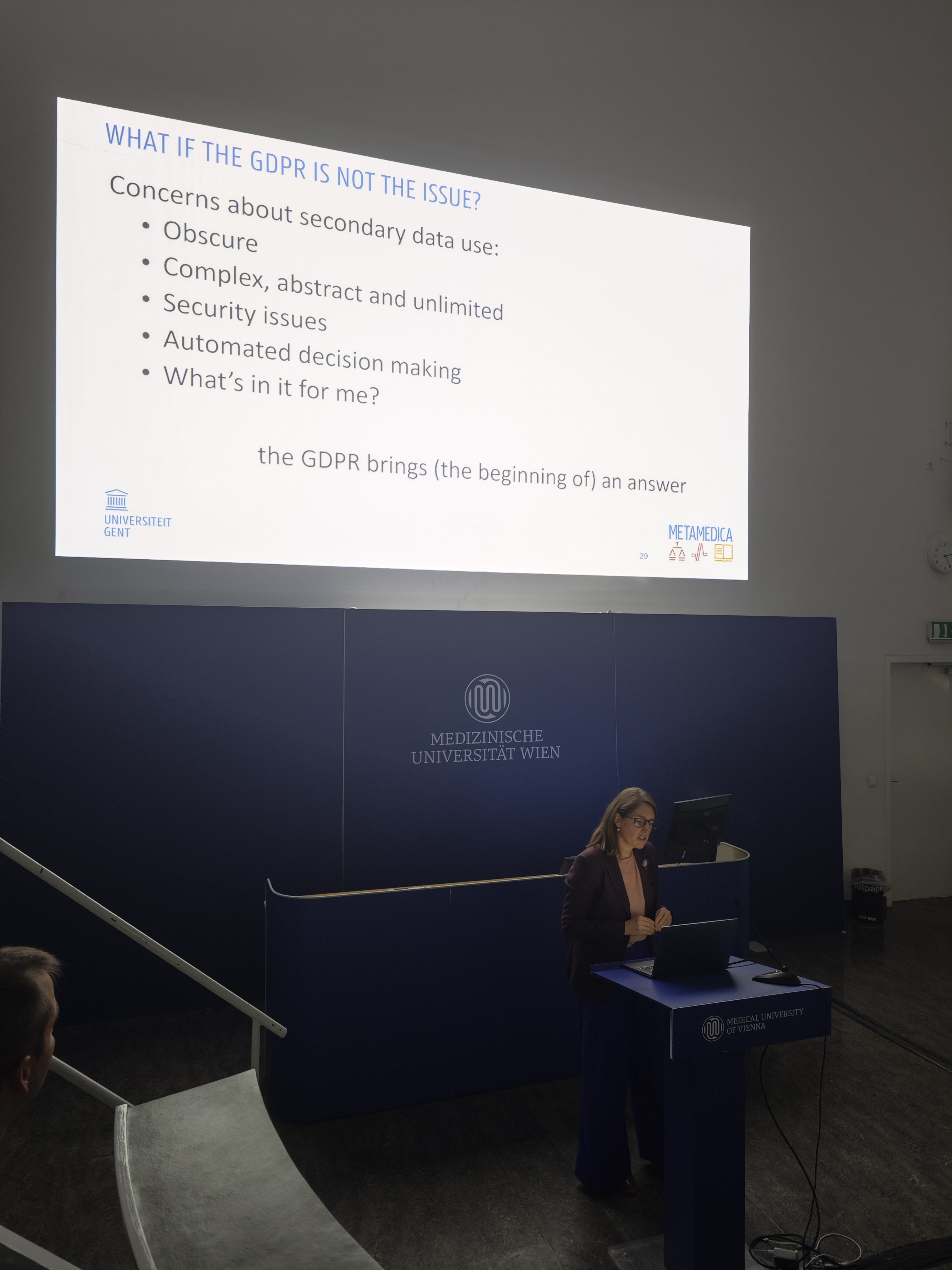
ÖGEBAU-Price
My (former) PHD-student Dr. Oliver Mandl received the yearly price of the Austrian Society of Construction Law (ÖGEBAU) for his dissertation on liability and data sovereignty in Building Information Systems. The ceremony took place in the very nice premises of the National Library.
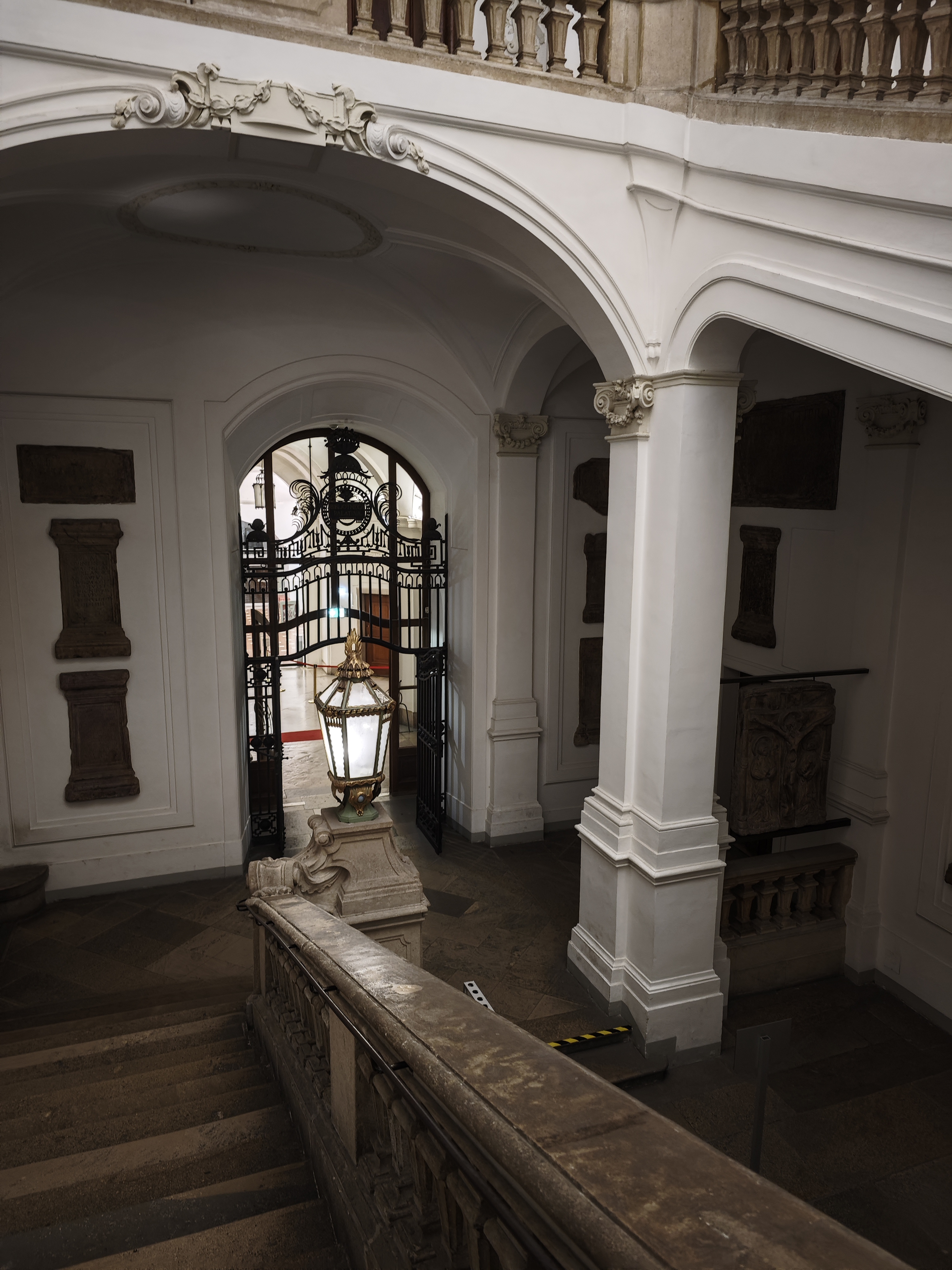
I was very proud of Mandl’s achievement (although my contribution was very tiny) - just like his parents, wife and daughter. The - excellent - book will be published by Manz soon.
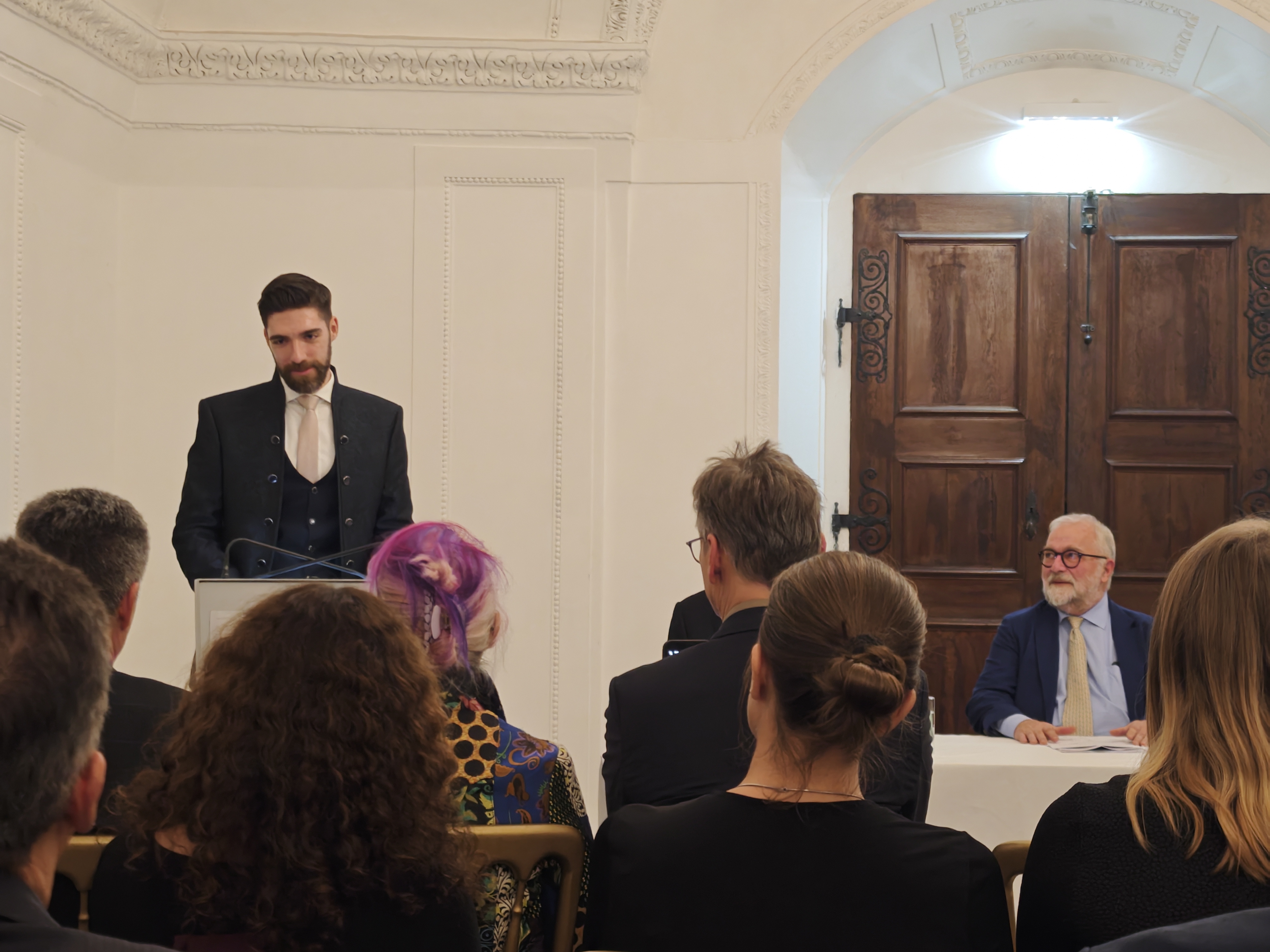
The event was also a nice opportunity to listen to the Austrian Supreme Court’s president, Professor Kodek, again.
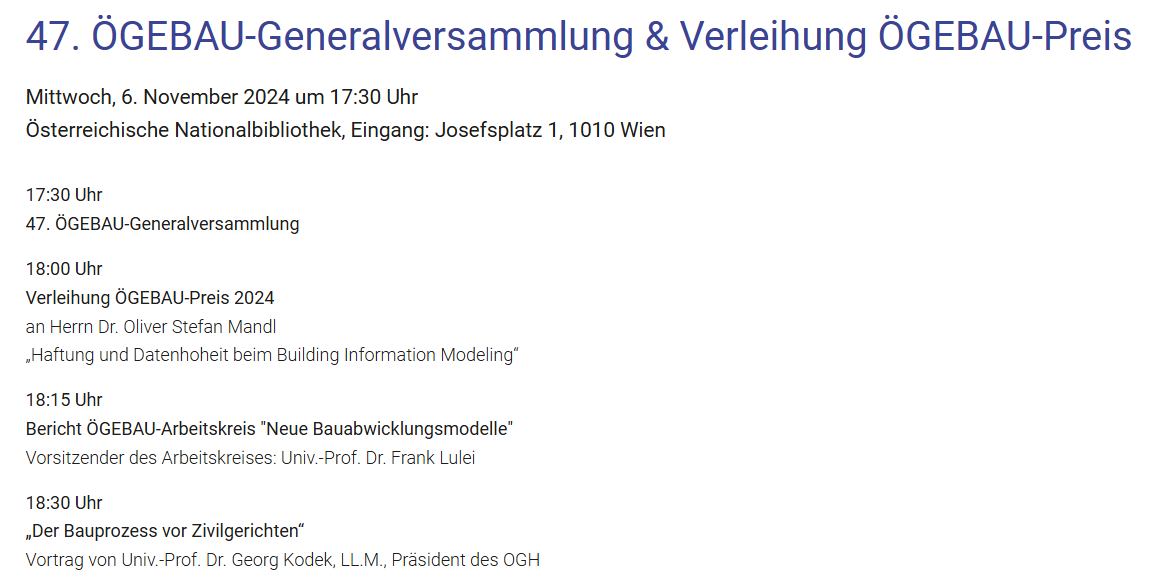
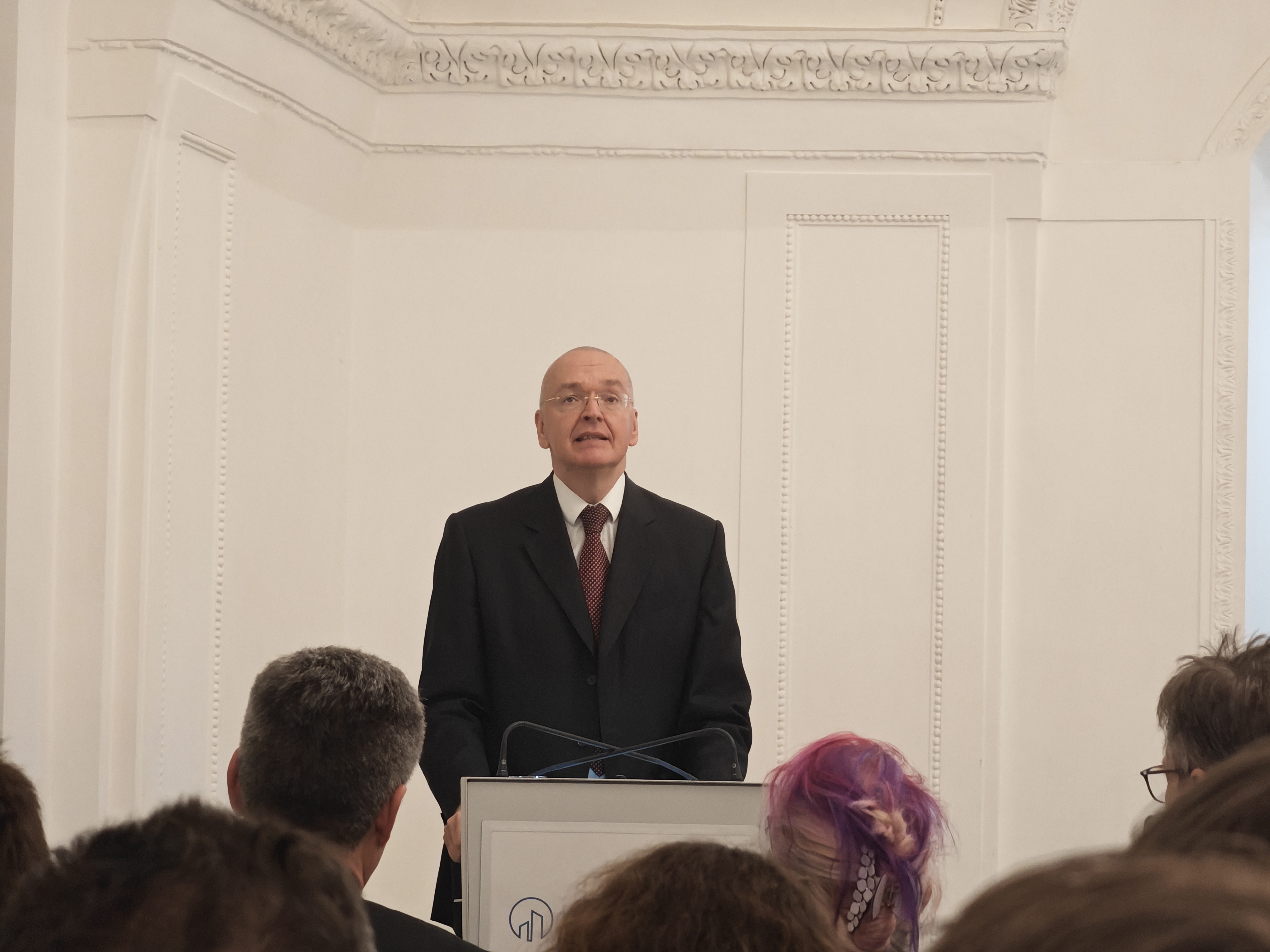
#arsboni
The episode with Werner Tomanek
received some interest and positive

but also negative feedback.

In my view, Tomanek has an important contribution to make on the recent debates on internet surveillance. This is also my main reason why I invited him.
However, one of the many things I constantly think and doubt about when doing #arsboni is, in how far I should aim for (some kind of) journalistic investigation/fact checking standards there. My general approach is that I don’t do investigations and fact checks systematically and therefore - normally - do not try to prove my guests being wrong or having a hidden agenda - but “trust” them instead. If Tomanek tells me in the interview that he has an expert opinion saying that the chemicals found were not suitable for building a bomb, I neither endorse nore challenge this, it stays in the interview as it is. If someone is interested in this specific detail (I am not), they should and have to do their own research and assessment, it’s not part of my job here and also nothing I can do on a regular basis - due to lack of training and time primarily. I let my guests speak and ask questions based on what I hear, have read and am interested in - and let the audience decide whether this is trustworty/convincing etc.
The main assetts I have that might justify me doing #arsboni and hoping to add something useful to publich discourse are unlimited time resources during the conversation, some professional competence in the legal matters I deal with and the attempt of - as much as possible - unbiased curiosity. But I am not there to assess whether the stories I (and the audience) hear are ‘right’.
This approach can also be seen in the second episode published this week:
Parlament.fyi is, in my view, a wonderful example of an early, useful and very innovative AI solution in law and politics and its founder Christina Helf does a terrific job in explaining her goals, ideas and plans during our talk which is why I really enjoyed and strongly recommend our conversation. However, of course, everything she (and any other guest I have) says, could be put into doubt, crosschecked and criticised , if there were interest and time for this. But it ain’t me doing this.
The question has a more general aspect too - which is how to define journalism today and seperate it from science communication, political discourse and scientific expert talk. This was also the topic in an event organised by Presseclub Concordia I had the privilege to contribute to on Thursday. Do you have an opinion on this?
After the panel debate, Concordia celebrated their 165th birthday. I was very touching to see and hear Corinne Vella, the sister of Daphne Caruana Galizia - the Maltese journalist, murdered by a car bomb in 2017 and harassed by dozens of strategic lawsuits prior to her death.
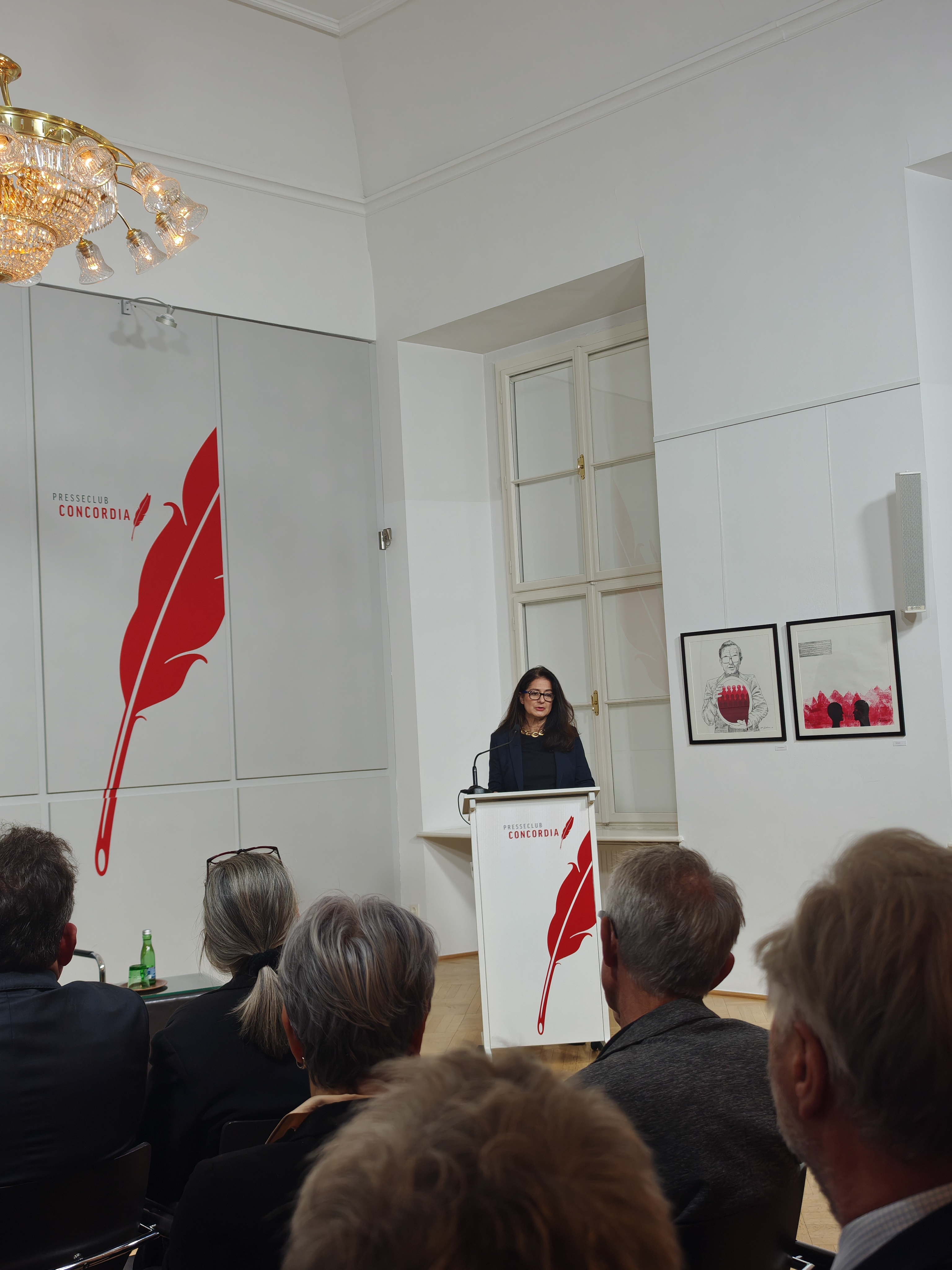
Many call Directive 2024/1069 on protecting persons who engage in public participation from manifestly unfounded claims or abusive court proceedings (‘Strategic lawsuits against public participation’) (Anti-SLAPP Directive) “Daphne’s law” - in memory of her. Corinne reported that not all lawsuits have been settled yet and that “Daphne’s law” would not have helped her sister Daphne - as those lawsuits were purely domestic.
Prospect
there are quite some gigs this week:
Smart Regulation
The moment you are reading this it might be that I am on my way to or at University of Graz for a symposium on smart regulation: “Interdisciplinary and Transdisciplinary Research Addressing Important Societal Challenges - Goals, Methods, Chances and Limits” on Friday, November 8th. The question I will try to answer is: Can academic legal expertise contribute to the success of European research network projects and what does this mean for (basic) legal research? An interim assessment after 50 projects.
Here’s the list of presenters:
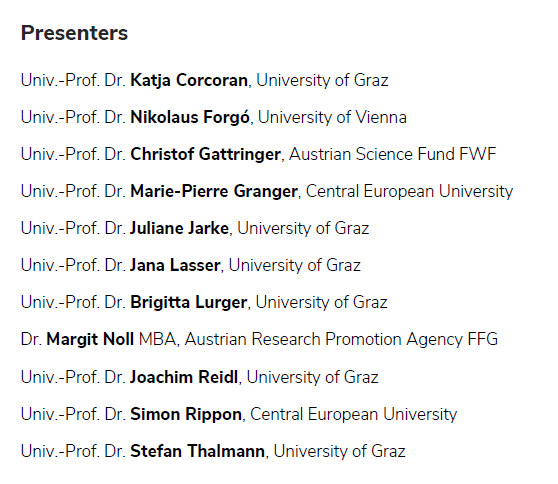
Last minute registrations might still be possible, I am not sure whether there will be a stream.
COMMUTE Workshop
Tuesday and Wednesday will be dedicated to our project “COMMUTE”. We’ll have, in particular, a public Workshop on Predictive Medicine and Patient Rights: Balancing Risks and Benefits for Individuals and Society
- Date: Wednesday, 13th November 2024, 9:00 – 10:30
- Venue: The Aula, Hof 1.11, University of Vienna Campus, Spitalgasse 2, A-1090 Vienna
- This is a public event, free of charge. Please register here if you are attending in-person.
- We’ll also provide a live YouTube-stream.
Speakers:
Joachim Maurice Mielert (COMMUTE Legal and Ethical Advisory Board member, Generalsekretär, APS Aktionsbündnis Patientensicherheit e.V. -Action Alliance for Patient Safety eV, Germany)
Prof. Dr. Martin Hofmann-Apitius (COMMUTE Project Coordinator, Department Head, Bioinformatics at Fraunhofer SCAI, University of Bonn)
Prof. Sarah Bauermeister PhD CPsychol (Associate Professor of Cognitive Neuropsychology, Dept. Psychiatry, University of Oxford)
Constanze Hübner M.Sc. (Research Associate, Center for Life Ethics, University of Bonn)
AI and University Education
Thursday will bring me to St. Pölten again. The Austrian Academic Exchange Servive “OEAD” organises a two days symposion on Internationalisation and AI.
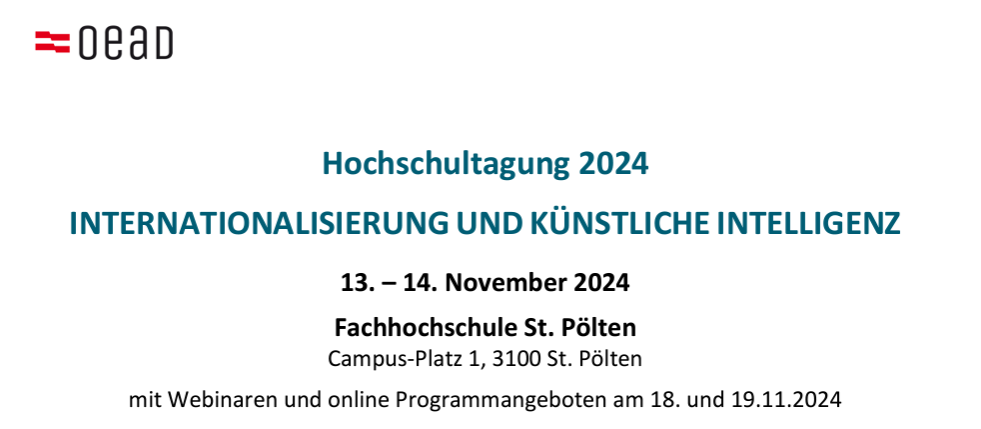
My keynote is on Thursday, November 14th, at 10.20 am.
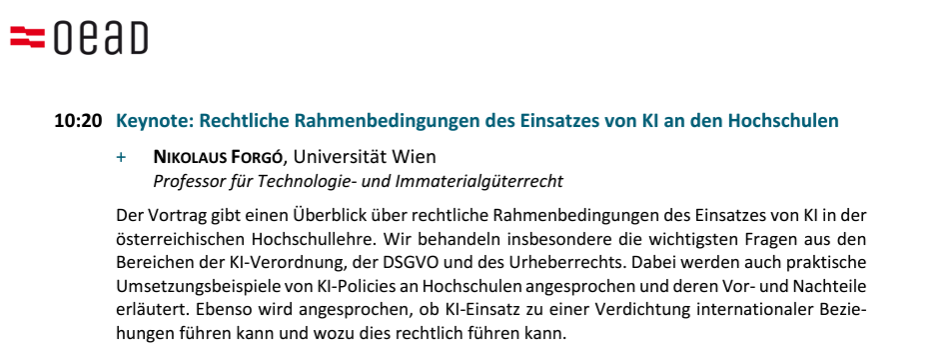
Registration is (presumably) free and still possible, some contributions will be streamed.
Legal Tech Conference
Future Law is (again) organising their yearly major conference “Legal Tech” on Wednesday, November 13th. I will (try to) drop by for some time. Sophie Martinetz manages masterfully to unite academia, industry and other stakeholders in an outstandingly diverse and energetic setting. Here’s the programme. Department and LLM-programme will be present as well.
Lecture Series “Machines That Understand? Large Language Models and Artificial Intelligence”
I would have had a gig in this series on Thursday but needed to find a replacement due to a conflicting appointment with the dean and the dean for students. Dr. Žiga Škorjanc kindly volunteered to do this instead of me in Hörsaal 33 on Thursday, 14/11/2024 16:45 - 18:15 CET.
#arsboni
We will start next week (Monday, November 11, 9.00 am) with an excursion into the potential future of public broadcasting in Europe: The public radio in Liechtenstein shall be privatised after a public referendum that took place end of October.
Prof. Dr. Patricia Schiess from the Liechtenstein Institute will explain the referendum and its consequences to us.
Look and Feel
Cigarettes after Sex
The band was in Vienna and I visited their show. The audience was, at an average, at least half as old as me but there were also a few, very few, actually, people in my age. The band and its lead singer, Greg Gonzalez, didn’t bother too much of interacting with the audience - apart from two “Vienna, we love you all!” statements (that sounded rather bored) and some gestures where he handed something small from his pouch to his biggest fans in the first row - Was ist a guitar plectrun? - that reminded me of the feeding of fish.
I felt very privileged that such events can happen so easily and peacefully in Vienna (the security control at the entry was more a joke than a symbolic gesture, people were very relaxed and friendly, including the few policement I saw).
The lightshow was great - almost everything in black and white and grey .
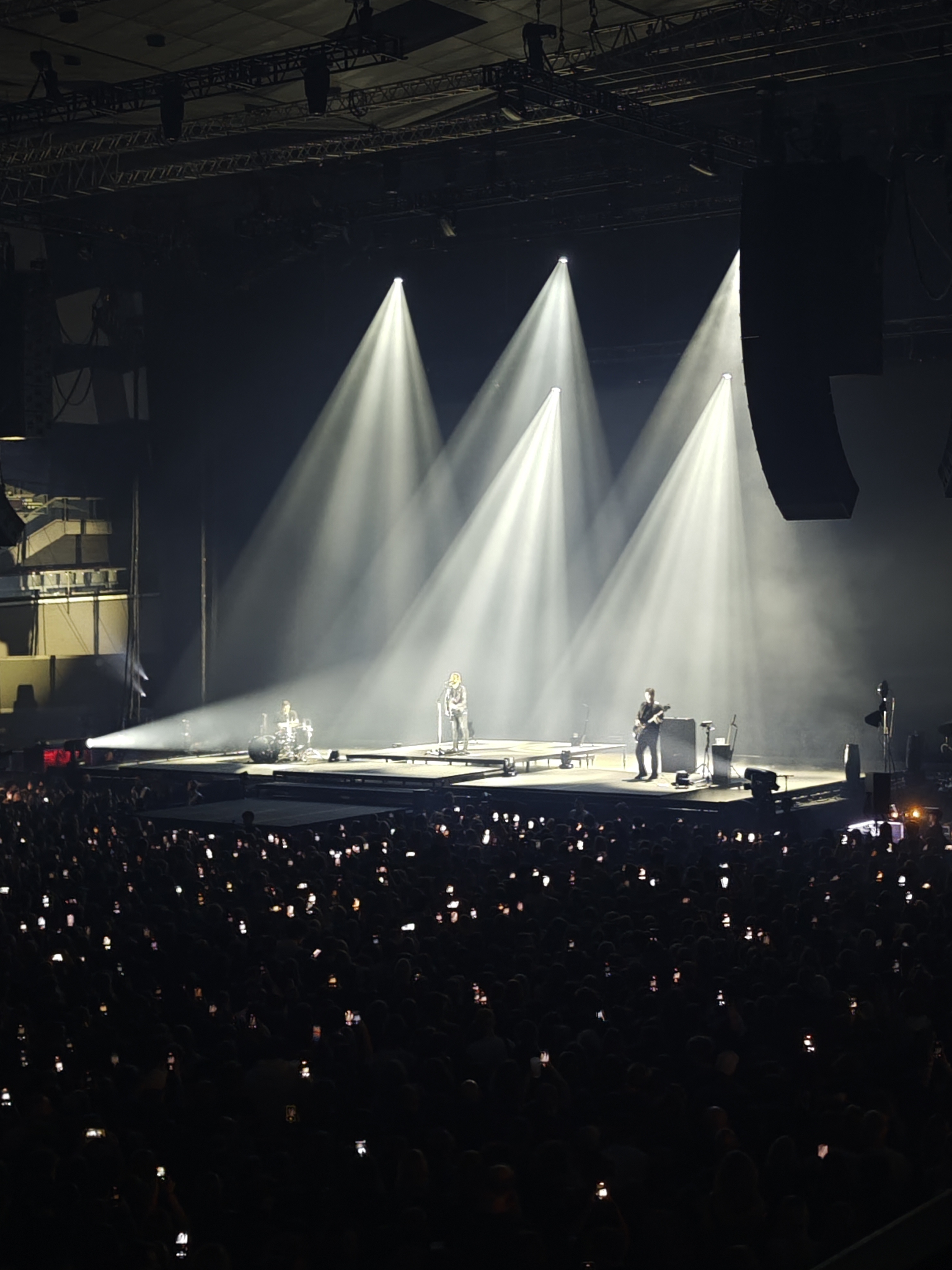
They played many of their old hits such as
and
and some new songs and, as far as I can tell, the audience loved the experience. Thousands of almost identical iPhone-videos were taken and flashlights were illuminated.
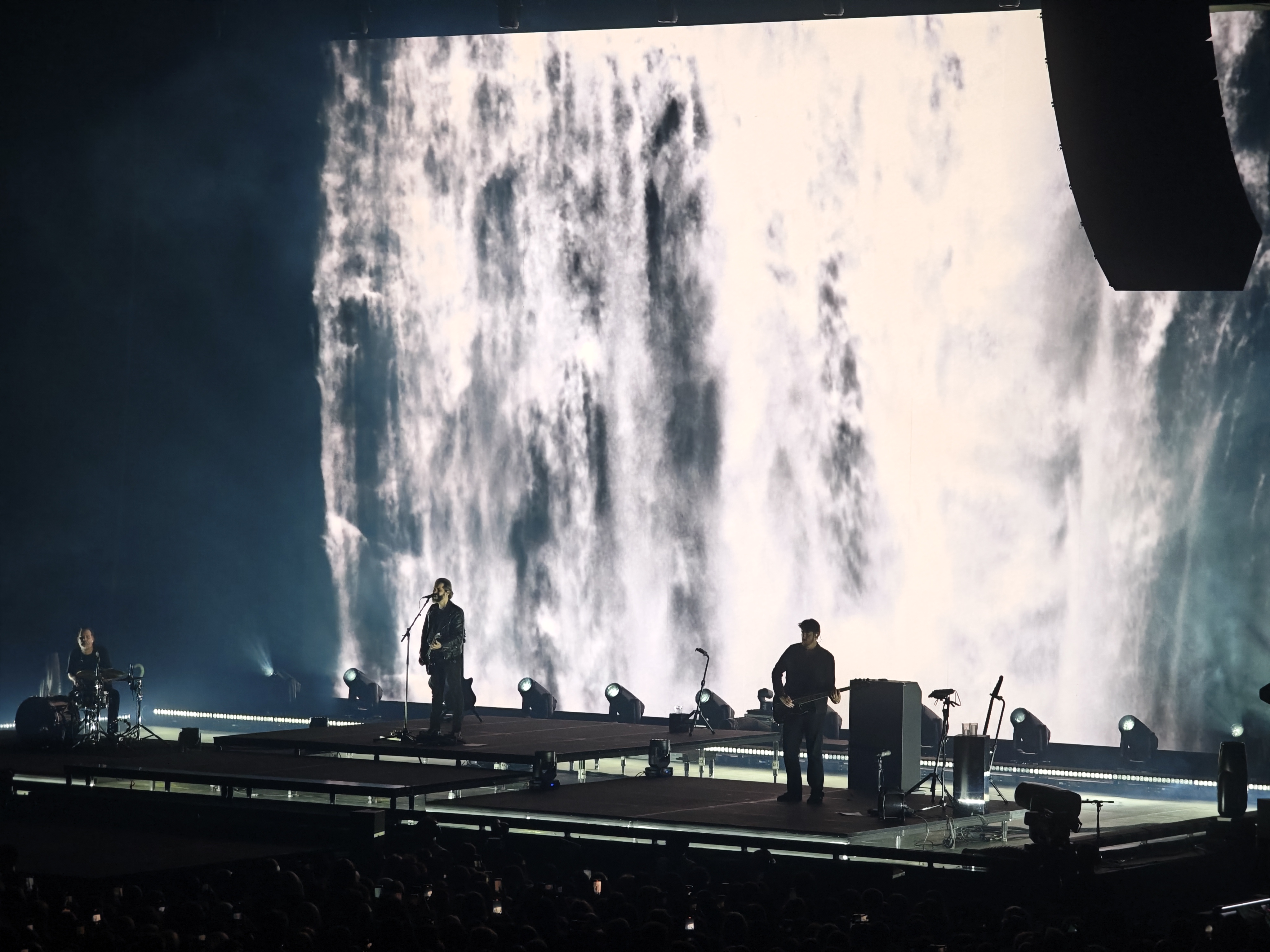
The beautiful stage design reminded me of Hiroshi Senju whose breathtaking images of waterfalls and rocks and cliffs I had seen in the Kongōbu-ji temple on Mount Koya. You should google his waterfalls or visit the example shown on his website - they can be lifechanging.
Daisy
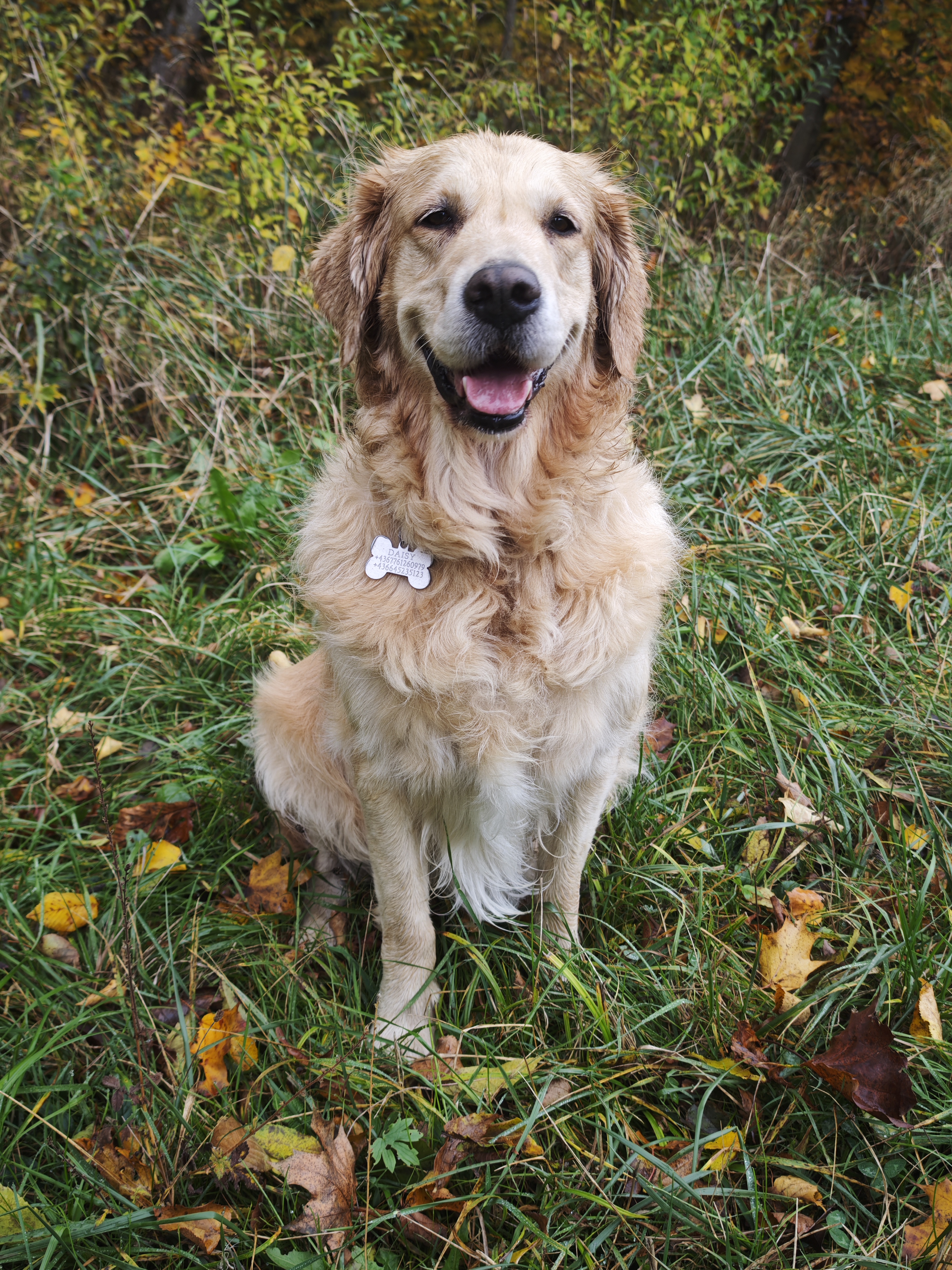
is the absolute contrast programme - at least colorwise, and often also moodwise.
Have a wonderful week!
Kind regards
Nikolaus (Forgó)
